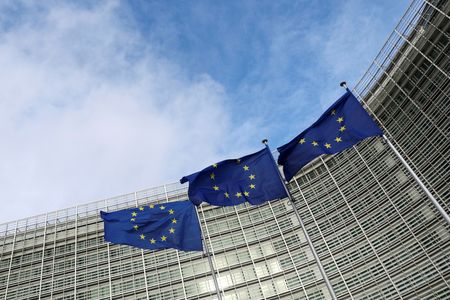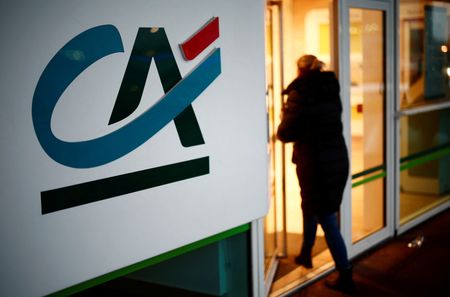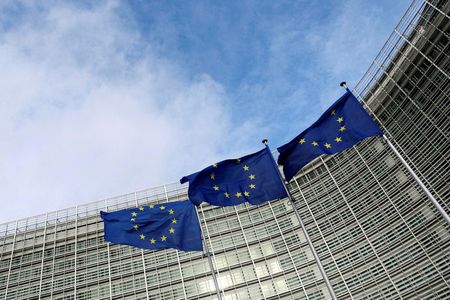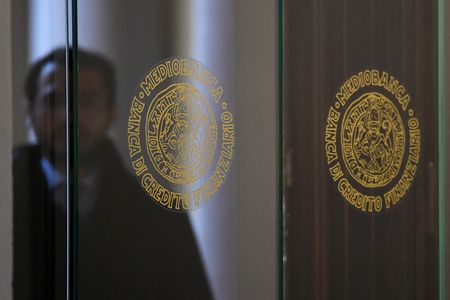By Foo Yun Chee
BRUSSELS (Reuters) -The European Commission on Thursday unveiled a draft code of practice aimed at helping firms comply with the European Union’s artificial intelligence rules and focused on copyright-protected content safeguards and measures to mitigate systemic risks.
Signing up to the code, which was drawn up by 13 independent experts, is voluntary, but companies that decline to do so will not benefit from the legal certainty provided to a signatory.
The code is part of the AI rule book, which will come into effect in a staggered manner and will apply to Google owner Alphabet, Facebook owner Meta, OpenAI, Anthropic, Mistral and other companies.
Signatories to the code will have to draw up and make publicly available summaries about the content used to train their general-purpose AI models, only employ copyright-protected content when using web crawlers as well as mitigate the risk of copyright-infringing output.
To tackle systemic risks, the companies will need to set up a framework to identify and analyse such risks.
While the guidance on transparency and copyright will apply to all general-purpose AI (GPAI) providers, the chapters on safety and security target providers of the most advanced models such as OpenAI’s ChatGPT, Meta’s Llama, Google’s Gemini and Anthropic’s Claude.
The EU’s AI Act, which came into force last June, imposes strict transparency obligations on high-risk AI systems and lighter requirements for general-purpose AI models as well as sets parameters for the use of AI for military, crime and security purposes.
The AI rules for large language models (GPAI) will become legally binding on August 2. They will only be enforced a year later for new models placed on the market starting from next month. Existing models will have two years to August 2, 2027 to comply with the rules.
“Co-designed by AI stakeholders, the Code is aligned with their needs. Therefore, I invite all general-purpose AI model providers to adhere to the Code. Doing so will secure them a clear, collaborative route to compliance with the EU’s AI Act,” said Henna Virkkunen, the EU’s tech chief.
EU countries and the Commission will need to give the green light before the code can be implemented, which is tentatively expected at the end of the year.
(Reporting by Foo Yun Chee; Editing by GV De Clercq, Bernadette Baum and Paul Simao)










